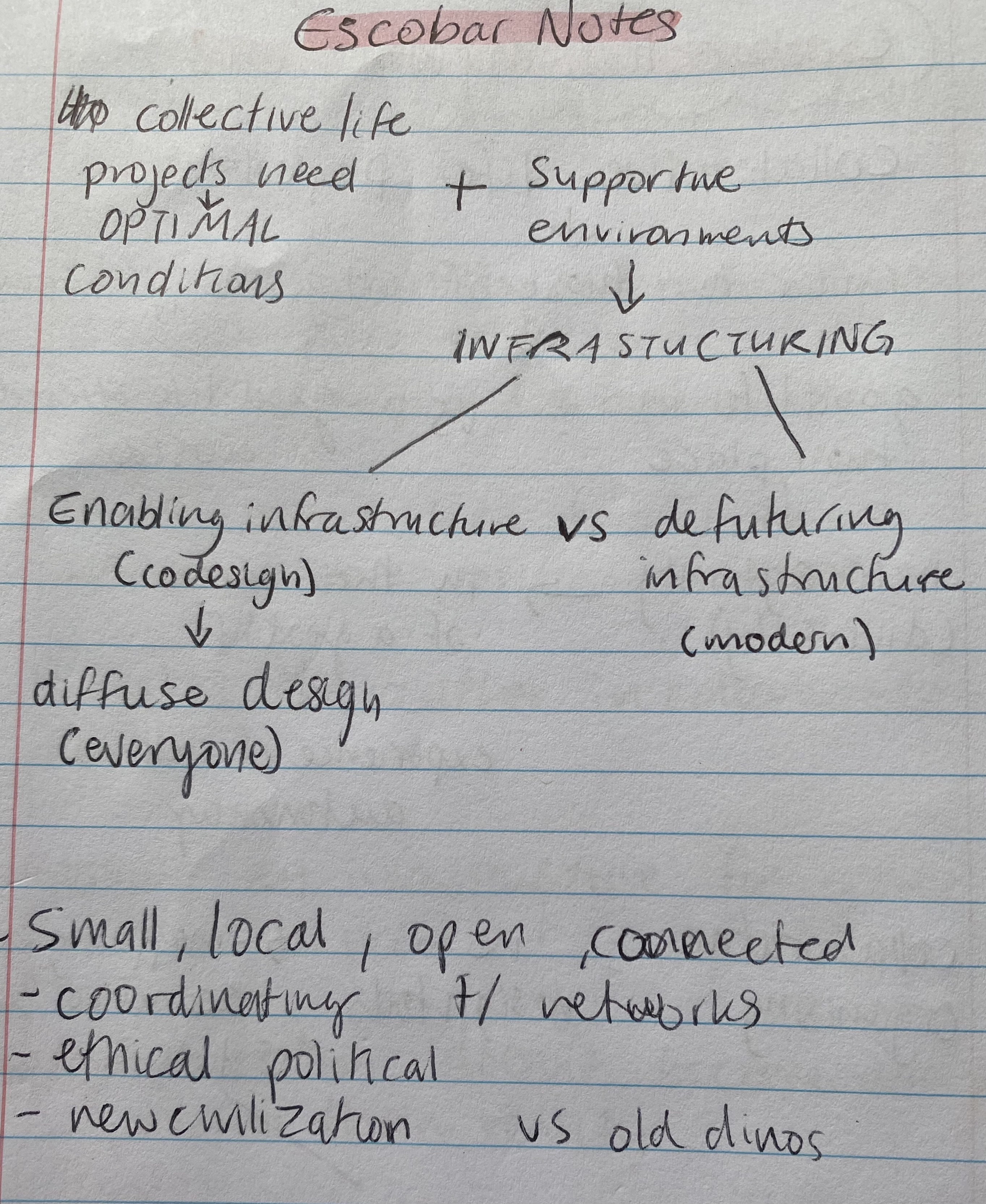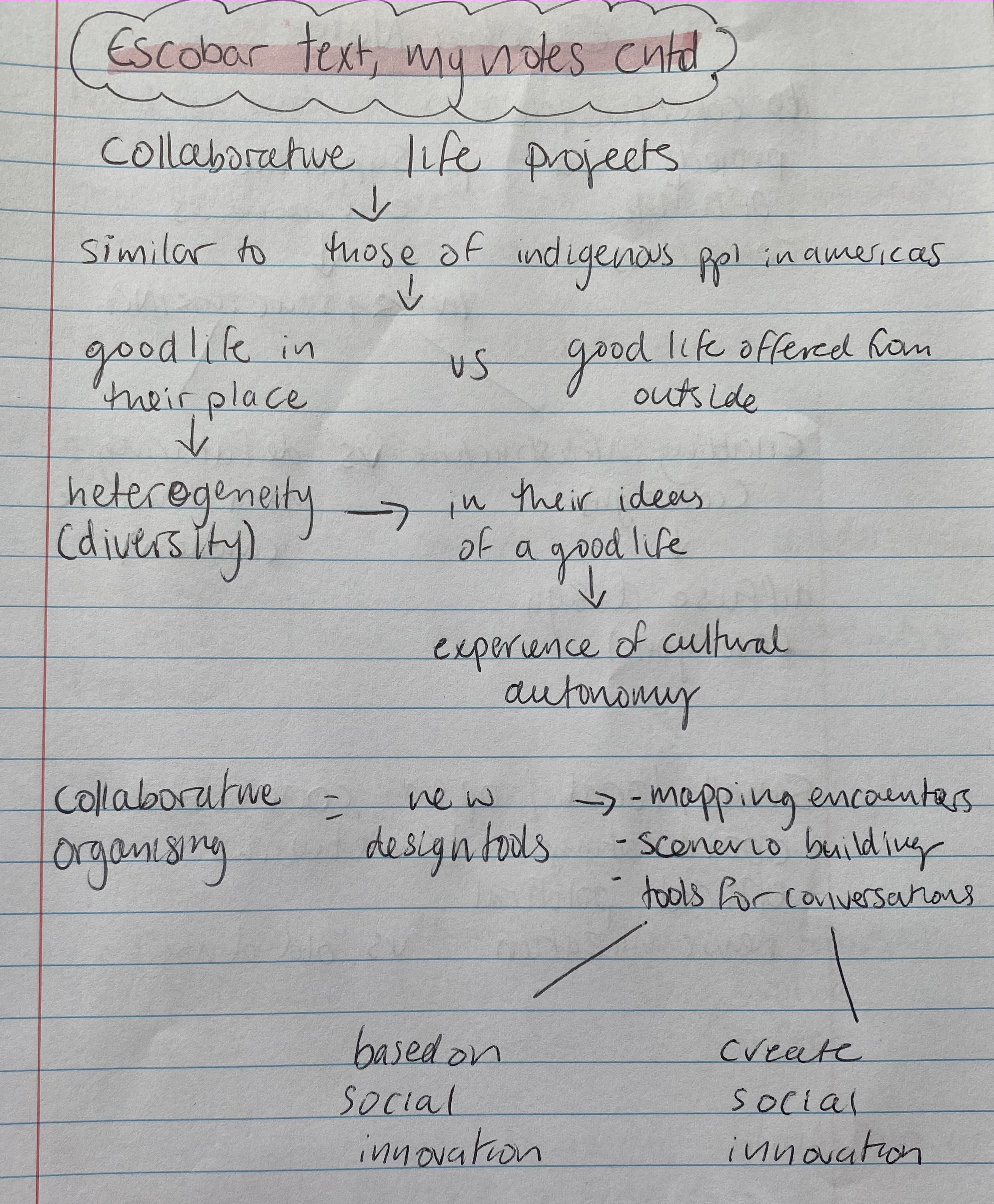Welcome, allow me to introduce myself
Saturday 16 May 2020
Hi there, I'm Suelae (Soolay)
I'm a second year fine arts student, I live in Delfshaven, Rotterdam and I couldn't be happier about being 'stuck' here during these social distancing times. I love my little studio and balcony, my neighborhood has everything I need.
it seems now that we are separeted we feel the need to be even more connected which makes want to disconnect
the time I do spend with friends has become so much more meaningful. Since I spend so much time alone, I really cherish the moments I spend with others
I've been hanging out more on my balcony.
sitting in the sun
drinking tea
meditating to the sounds around me
putting my hands in soil and growing plants
taking time to be
Quarantine Life
At the beginning of the lockdown I began volunteering at Keju Kitchen. I've been wanting to visit there for so long,
surprisingly the quarantine gave me the opportunity to do so. They needed volunteers to help make and deliver free meals to those affected by the crisis. And going there every week for the past few months, I've found a new family and safe space.
Arturo Escobar - Designs for the Pluriverse
> Colobian-American Anthropologist
> Born in 1952 in Maizales Colombia
> Kenan Distinguished Professor of Anthropology at the University of North Carolina at Chapel Hill, USA.
"Escobar's approach to anthropology is largely informed by the poststructuralist and postcolonialist traditions and centered around two recent developments: subaltern studies and the idea of a World Anthropologies Network (WAN). His research interests are related to political ecology; the anthropology of development, social movements; Latin American development and politics. Escobar's research uses critical techniques in his provocative analysis of development discourse and practice in general. He also explores possibilities for alternative visions for a postdevelopment era.
He is a major figure in the post-development academic discourse, and a serious critic of development practices championed by western industrialized societies. According to Escobar, the problem with development is that it is external and based on the model of the industrialized world; instead, what is needed instead are more "endogenous discourses"(Pieterse, 2010)."
https://en.wikipedia.org/wiki/Arturo_Escobar_(anthropologist)
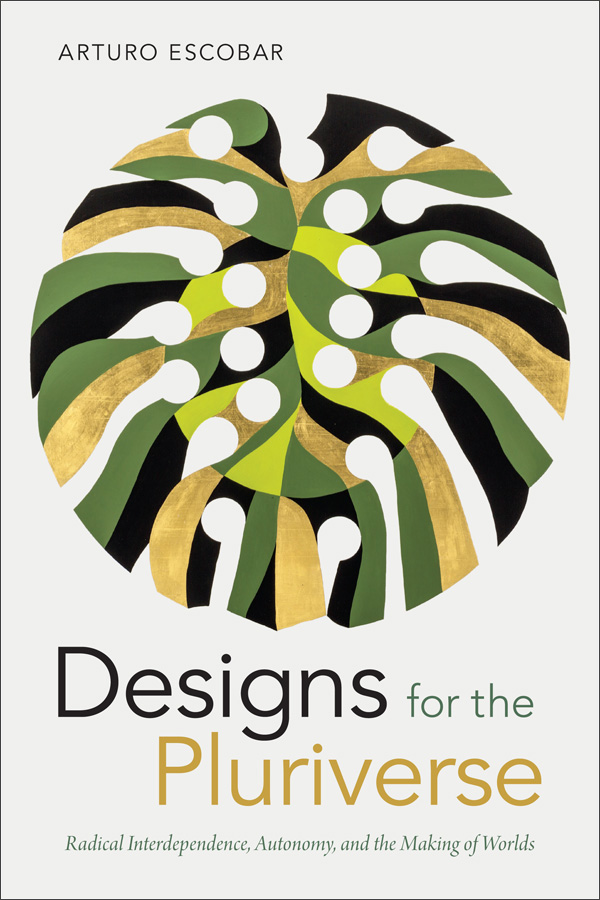
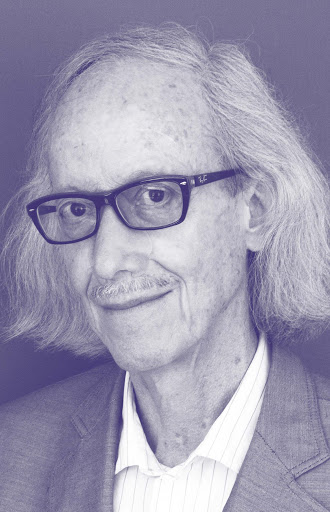
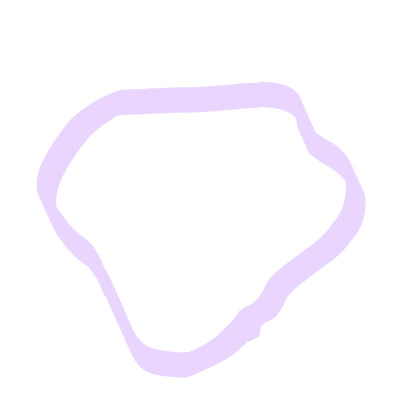
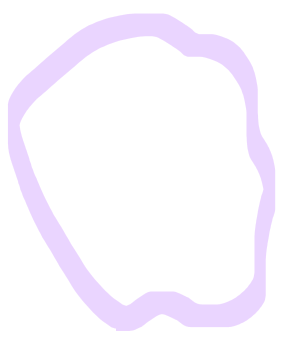
One part I find interesting is the concept of COLLABORATIVE ORGANISATIONS
I think what Keju Kitchen is doing now is a great example of that. it is a community coming together in the midst of a crisis, volunteering their time, energy, resources to deliver meals and care packages to those in need. It it funded by the government but everyone involved is volunteering, working together like a web to deliver an amazing service.
they rely on clear communication, organised planning, generous people, social media, team work, and joy to pull it off successfully.
all of these things didn;t just spring up over night but existed already in the Pensione Almonde Community - a group a people with a strong sense of one for all and all for one.
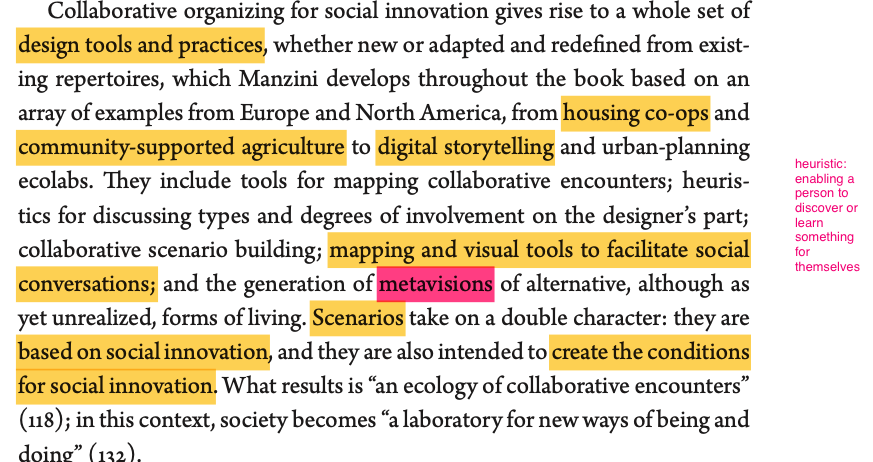
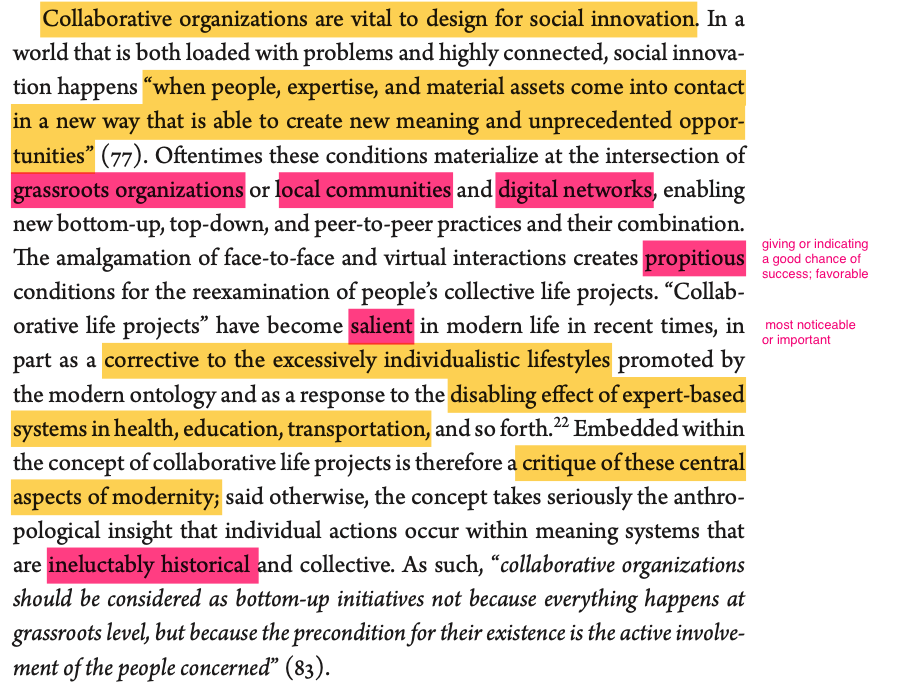
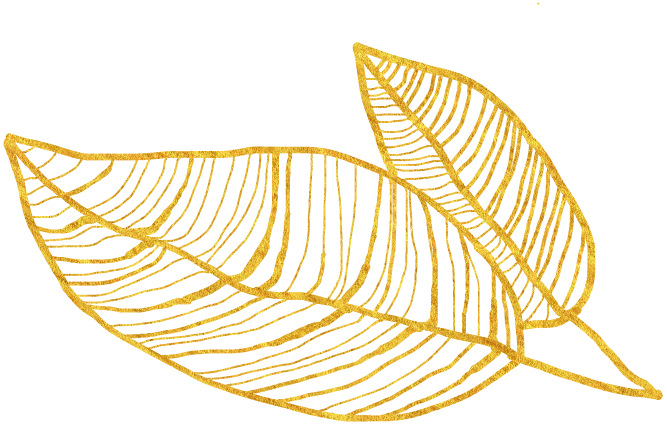
I grew up in the northern Caribbean island of Antigua, known for its beaches, boats and resorts. I have a mixed background; my mum is Guyanese and my dad is English. I mention this because it has allowed me to live between two different cultural identities, never really claiming one fully. That' s why I think I've searched for the meaning of identity my whole life, it is a huge part of the artwork I create. I like to focus on how history has shaped cultures and individuals. Recently I've been looking at things from a black Caribbean perspective, examining how I (we) fit into a eurocentric world.
QUESTION:
what is the difference between
FUNCTION
PURPOSE
Personally i think my work likes to serve a purpose - bringing people together, sharing knowledge and experience, but that doesn't necessarily mean that that the pieces themselves are functional. They are designed to be useful but taken out of context what is their function?
What is the world saying? - Scrolling through the resources
Arundhati Roy:
‘The pandemic is a portal’
The virus spreads in a socially unequal world, implying that people experience the pandemic differently and suffer its consequences differently, depending on their country, social class and gender. From a social point of view, the international spread of the virus has in this way created two pandemics and is likely to create two post-pandemic worlds: one for people in the global north (as well as upper- and middle-class people in developing countries) and another one for the poor in the global south.
"
"
- Rodrigo Fracalossi de Moraes - 20 March 2020, Global OPinion
Distant Conversations - Connecting with my uncle in New York
Going Public or Underground?
pros
cons
public
action
recognition to people who aren't in your cirlce
public support and funding
the public can change, alter meaning
can become glorified
pros
cons
can spread without authorities knowing who might want to interfere
can have a more select audience, they feel more connected with action
hard to distribute information, have to be careful
I would spread information through the rubbish bins outside of homes
HOW DO I ASK FOR COMFORT IN A DISTANCED SOCIETY?
I ask these questions for those that are alone. for those whose support system is away.
for those that are surrounded by people yet still feel isolated.
this is for the people who are overwhelmed, struggling to cope.
especially for those who are disproportionately affected by the pandemic.
or those who know people who are affected in bad ways but don't know what to do to help.
when people are suffering and we are alone, how do we heal our pain?
when our lives have been turned upside down and we need to be comforted, how do we do that?
*****
unseen
action
We talk about how it has affected families who live in poor areas. Most of these people are brown and black.
how race and class affects your experience. It turns out that mostly black/brown/ethnic/minority people are the ones with the most risky jobs who can't afford to stay home
what its like teaching kids online, how disadvantaged kids struggle with education
how miss education/information affects communities
Alternative Speakers Corner - What do I want to say?
Digital Speakers' Corner
i made these series of pages to show the ways i take care of myself when i feel
overwhelmed, exasperated, sad, lonely, lost.
this time is bringing out the worst in people but it can also bring out the best
here is how i try to remain balanced.
I sent this message out to my black friends and family, as a way to show them that it is okay to take care of yourself in this time, and to talk about dealing with traumatic situations.
here are some of their responses - keeping in mind most of the exchanges were done through voicenotes on whatsapp or phone calls
Reflection
Reflecting on this project
they're visited every day, they're local, people often use them to find unwanted items and they even seem to be a place of ritual.
I have seen many times before gifts of bread left on top of the rubbish bin, like an offering for a deity. From my house to work - my most visited route there are probably more than 10 rubbish collection bins
i will approach this by writing out this statement and sticking it to bins along the route to work, hopefully it will be something for people to think about. hopefully they will take a minute to contemplate their answer.
WHY RUBBISH BINS?
WHO IS MY AUDIENCE
this idea has come up many times over the past few months. there have been moments where i feel like i just need a hug or a phone call. I live alone so i always have to reach out to someone for contact. sometimes i don't want to call because i don't want to bother that person, or the time difference means that they're unavailable. and for seeing people in person - well that luxury has become very select.
so is it okay to just ask someone to come over for a hug? when that could be a potential risk?
this time has forced me to reach out less, not in closed off way but in a way where i learn to rely on my own strength, since i have to spend so much time alone anyways
this made me wonder how other people take care of themselves.
this was my first train of thought behind this concept, it evolved over the course of the week
how do i conceptualise this?
ode to the rubbish bin
yes its dirty, you literally throw bags of rotten remains in it. its smelly, dusty, sticky
its dark and mysterious, who knows whats really at the bottom of it
but i see it as a neighbourhood collection site,
everyone from one block comes through out the week to throw away their bags, to dump old furniture, to leave bread behind
you're not just a dumping ground, but a place of discovery, offering, gathering
in this time of solitude sometimes i only left the house to come and meet you, where i also had the chance to see the evening sky, my neighbours, the street life
therefore i would like to dedicate this space to ask the question
how do we heal - how do you heal - how do i heal - how can i heal you?
feed me and let me heal you
we are going through hard times, we are alone, separated or overcrowded and overwhelmed,
not enough work or too much
let this be a symbol of healing, of offering our old in exchange for new
leave your trauma, worries, stress here
i really wanted to use the bins because i see them as a community icon, but i wasn't sure how i could gather any feedback from people once they saw the signs on the bins. the project seemed to lack context, a chance for the people to really connect with it. I talked with my tutor about this. we came up with the idea to focus on only one bin, it would be the one outside my house, and turn it into a shrine. the shrine, or altar would commemorate the bin and change it into a place of exchange, as you give so it gives back. i was unable to create the shrine, but the prose above is my ode to the bin.
I entered this project mentally tired and on edge, so I decided to work alone. going through the assignments by myself gave me energy though. I liked the way we could document our whole process and tailor it completely to our style. the topic of the project - analysing our lockdown experience - was both stunting and liberating. at times it felt like too much to be experiencing what was happening and then reflect and make work about it in real time. but it in the end, when i allowed myself time, it was a nourishing experience.
The text by Escobar was interesting - his ideas about collaborative organisation and cosmopolitan localism really align with the way I want to live and experience art. I'm interested in community and participatory art, art that doesn't have a single minded outcome but works to better a community.
Thats why I focused on the resources that talked about the way the pandemic has affected those that are usually forgotten, those at the sidelines of society. Its tragic to see how the world really works, obviously these systems are already known but in a global pandemic they came to the forefront.
My ideas changed through out the weeks to reflect the way brown and black people can be affected physically and emotionally during quarantine. So I started with looking at general coping methods, how do I take care of myself a someone who lives alone, in a distanced society. But as racial violence and protests increased, I felt myself shutting down and numbing my emotions, its a learned reaction to constantly experience trauma. Eventually I was able to speak with my aunt and she also being black completely understood. We are both creatives and we decided we wanted to help each other and our friends go through tough situations. We had the idea of having weekly art lessons through zoom, where we would come together and work on something together that could make a larger piece. Alas, everyone was too overwhelmed to come together in time so we will do in a later on. So instead I decided to make a text and visual document that asks how people heal themselves from traumatic situations and I sent that to my family who I thought would benefit from it. I used whatsapp as a medium because its a very real way of communicating, especially now that everyone is separated. I was able to have good conversations and feedback with my selected audience and work through understanding our feelings.
I also tried to involve the public in my neighbourhood, by placing signs on the bins that asks questions about how people heal from trauma. I really wanted to use the bins because I see them as a community icon, but I wasn't sure how I could gather any feedback from people once they saw the signs on the bins. The project seemed to lack context, a chance for the people to really connect with it. I talked with my tutor about this. We came up with the idea to focus on only one bin, it would be the one outside my house, and turn it into a shrine. the shrine, or altar would commemorate the bin and change it into a place of exchange, as you give so it gives back. I was unable to create the shrine due to time, but the prose above is my ode to the bin. If I had more time I would create at least one shrine with flowers, stones, beads, candles, and the poem about the bin. I would spend time outside and talk with anyone who came to the bin and ask their opinion about the bin and how they deal with difficult situations.
Moving forward I will definitely think more about how I can interact and build with my audience. This is the direction I want to go in anyways and this course has really made me think about my artwork as a two way feedback system.

